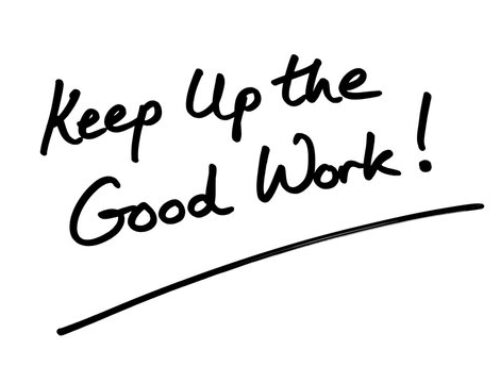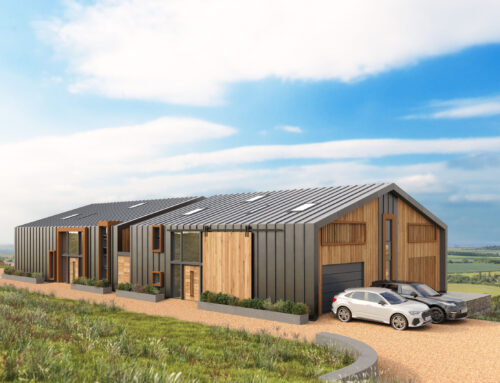What do each of these jobs have in common? They are the most strongly gender oriented sectors in Britain.
We also find that certain ethnic groups are more prominent in specific industries. But is this beneficial for economic growth?
Skills shortages are threatening the long-term health of the construction industry.
Recruitment traditionally focused on young men aged around 16-19. However, to ease this shortage, the aim to recruit more women, older men 19+, and different ethnic groups have been of limited success.
Opening the way for a more mixed group has helped increase candidates in the construction industry. But, more could be done to bring in a more expansive group.
All you need is a passion for construction, and you are halfway there.
When you think of this situation, What is the key to increasing interest? Diversity.
Diversity is needed.
What do you see when someone says diversity? Most people think of a mixed group of people. This diversity is what the construction industry needs, more gender and ethnic diversity. But, why is diversity so important to any industry? Because each person brings strengths.
If we look at the Olympic games, what do we see?
White Britain’s that excel at rowing and cycling, but when it comes to the 100-meter run 9/10 are of the black majority, e.g. Usain Bolt.
Britain’s top runner is from Kenyon decent.
So here we have a stereotype, that black people are better at the 100-meter run and the white at cycling and rowing.
Stereotypes
Stereotyping is nine times out of ten correct and it hard to break, especially when it comes to that one who is different.
It usually is fear that stops a person from going against the ‘norm’; the fear of being rejected is the main reason.
What is a stereotype? A stereotype is a set idea of the type of person or what something should be.
When coming to any gender and ethnicity, people tend to learn a specific skill that they can naturally be good at; this is a comfort zone that can be hard to break.
When we reach out and go against these views, many do find it hard to get a level footing.
 So, we can see for the Olympics that having this diversity is beneficial. It can be for the construction industry too.
So, we can see for the Olympics that having this diversity is beneficial. It can be for the construction industry too.
It is those who are not part of the ‘normal’ stereotypes that add to the diversity of any industry. When you see their work, you can see what they produce is of a high standard.
With this in mind, we need to continue finding ways to recruit these diverse individuals into construction, encourage them to be the role models of tomorrow.
When we throw the stereotyping out, remove racism and sexism, we will then have a united construction industry that promotes difference.










